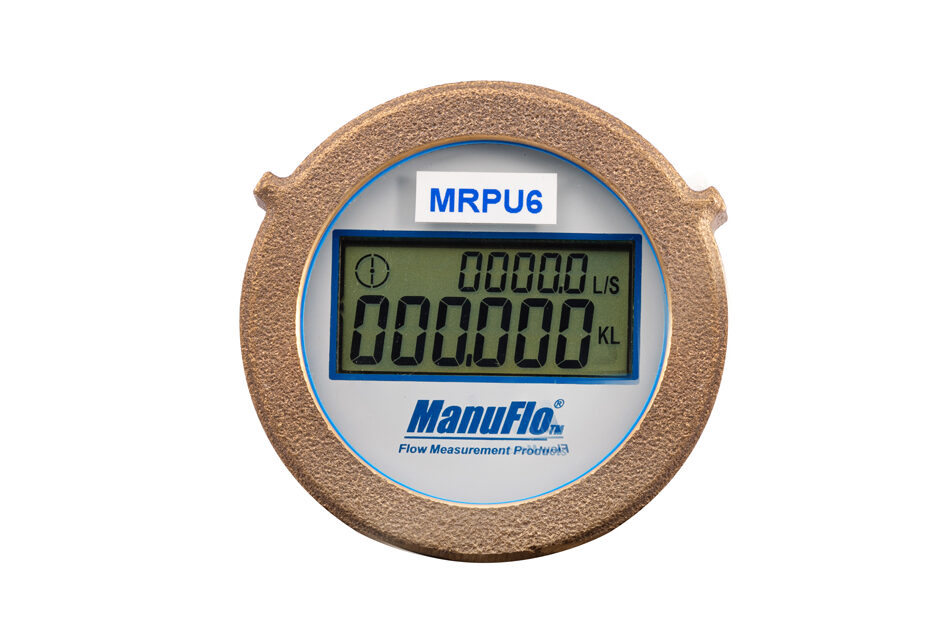
Flow meters are essential for measuring flow in piped systems, whether for liquids or gases. As a leading Australian company specializing in the manufacturing and servicing of high-quality flowmeters, Manuflo understands the importance of selecting the proper flow meter for your specific application. This guide’ll compare digital and mechanical flow meters to help you make an informed decision.
Comparing Flow Meter Types:
Flow meters come in various types, each with unique applications and benefits. At Manuflo, we offer a wide range of flow meters to cater to diverse industries. Below are some of the popular flow meter types we provide:
1. Differential Pressure Flow Meters: Representing about 20% of all flow meters worldwide, differential pressure flow meters measure flow by determining the differential pressure across an orifice. The primary and secondary elements work together to measure the flow accurately.
2. Positive Displacement Flow Meters: Positive displacement (PD) flow meters are renowned for their accuracy. They measure fluid volume in a closed space, delivering it forward and then repeating the process to calculate the transferred fluid amount.
3. Velocity Flow Meters: Velocity meters determine the flow rate by measuring the velocity of a stream. While less accurate in unsteady or turbulent flows, they provide valuable data in various applications.
4. Mass Flow Meters: Ideal for chemical and gas applications, mass flow meters measure the force resulting from the acceleration of mass in a system, providing precise measurements in mass/time.
Digital Flow Meters:
At Manuflo, we offer a diverse selection of digital flow meters to meet the needs of modern industries. These flow meters provide significant advantages over traditional mechanical options:
1. Reliable Readings and Easy-to-Read Displays: Our digital flow meters feature easy-to-read displays that present accurate flow rate data, making it convenient for operators to monitor flow in real time.
2. Improved Accuracy: With advanced internal mechanisms, digital flow meters provide enhanced accuracy compared to traditional mechanical rotameters.
3. Independence from Fluid Properties: Digital flow meters rely less on fluid viscosity, temperature, and type, ensuring consistent and reliable readings across various applications.
4. Suitable for Precision Applications: If your processes demand precise flow measurement, our digital flow meters are well-suited for applications requiring high accuracy levels.
Mechanical Flow Meters:
While digital flow meters offer cutting-edge technology, our range of mechanical flow meters, including the classic rotameters, also has its advantages:
1. Cost-Effectiveness: Mechanical flow meters, like rotameters, are simple and cost-effective, making them an attractive choice for applications that do not require extreme precision.
2. No External Power Needed: Rotameters require no external power source, relying on fluid force and gravity to measure flow rate, making them suitable for applications where power sources are limited.
3. Time-Tested Design: Mechanical flow meters have been widely used since the early 20th century, proving their reliability in various industries.
Choosing between digital and mechanical flow meters depends on the specific needs of your application. At Manuflo, we offer a comprehensive range of flow meters tailored to your requirements, ensuring accurate measurements and optimal performance in any scenario. Contact us today to discuss your flow meter needs and benefit from our expertise in flow measurement solutions.



